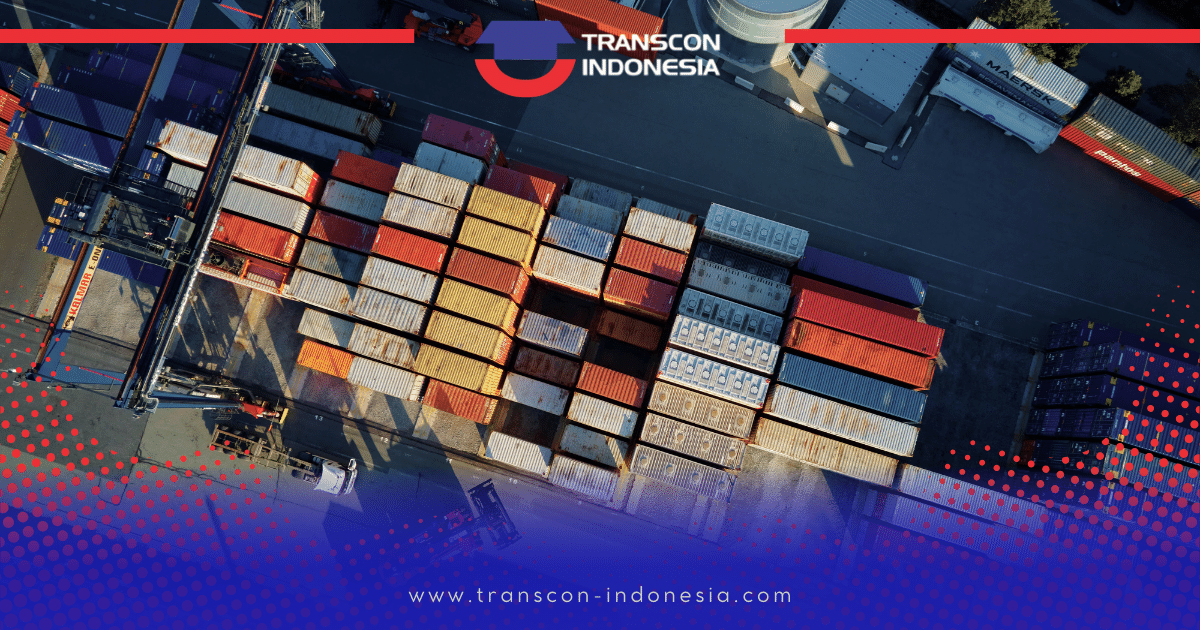Incoterms, also known as International Commercial Terms, are a set of rules developed by the International Chamber of Commerce (ICC) to regulate global trade. They aim to determine the contractual responsibilities between buyers and sellers in contracts for the sale of goods.
There are various types of Incoterms that international trade players need to know, such as EXW, CFR, and DAT.
Definition of Incoterms
Incoterms are terminology or conditions used by international trade actors when sending goods in transactions or contracts. It covers all tasks, risks, and costs associated with international sales and purchase transactions of goods. Incoterms also serve as key terms in commercial invoices to reduce the risk of misunderstandings.
Purpose of Incoterms
The purpose of Incoterms is:
- Providing a choice of shipping conditions for importers and exporters.
- Regulates the rights and obligations borne by importers and exporters.
- Minimize misinterpretation or misunderstanding of responsibilities between exporters and importers.
Types of Incoterms
The following are several types of Incoterms commonly used in international trade transactions:
- EXW (Ex Works): The buyer assumes all costs and risks after the goods are taken from the seller's warehouse.
- FOB (Free on Board): the seller is responsible for processing export permits to loading the goods on the ship ready to depart. Only valid for water transportation.
- FCA (Free Carrier): the seller is only responsible for processing the export permit and handing over the goods to the carrier at the specified place.
- CIP (Carriage Insurance Paid to): the same as CPT plus the seller is obliged to pay insurance for the goods sent.
- CIF (Carrier Insurance Freight): the same as CFR plus the seller is obliged to pay insurance for the goods sent. Only valid for water transportation.
- CFR (Cost Freight): the seller bears the costs until the ship containing the goods docks at the port of destination, but responsibility only extends to the time the ship departs from the port of departure. Only valid for water transportation.
- CPT (Carriage Paid to): the seller bears the costs until the goods arrive at their destination, but the responsibility is only until the goods are handed over to the carrier.
- DAP (Delivered at Place): provisions that emphasize the seller's responsibility in arranging the delivery of goods to the agreed location. Once the import clearance process is completed, the seller is responsible for shipping the goods to the pre-determined location.
- DAT (Delivered at Terminal): regulations that apply to all types of transportation. In this provision, the seller is responsible for choosing the mode of transportation to send the goods.
- DDP (Delivery Duty Paid): the seller is responsible for delivering the goods to their destination, including insurance costs and all other costs that may arise as import costs, duties and taxes from the buyer's country. Import permits are also the responsibility of the seller.
Incoterms serve as an important guide in international trade transactions, ensuring clear agreements and reducing the risk of misunderstandings between the parties involved.
